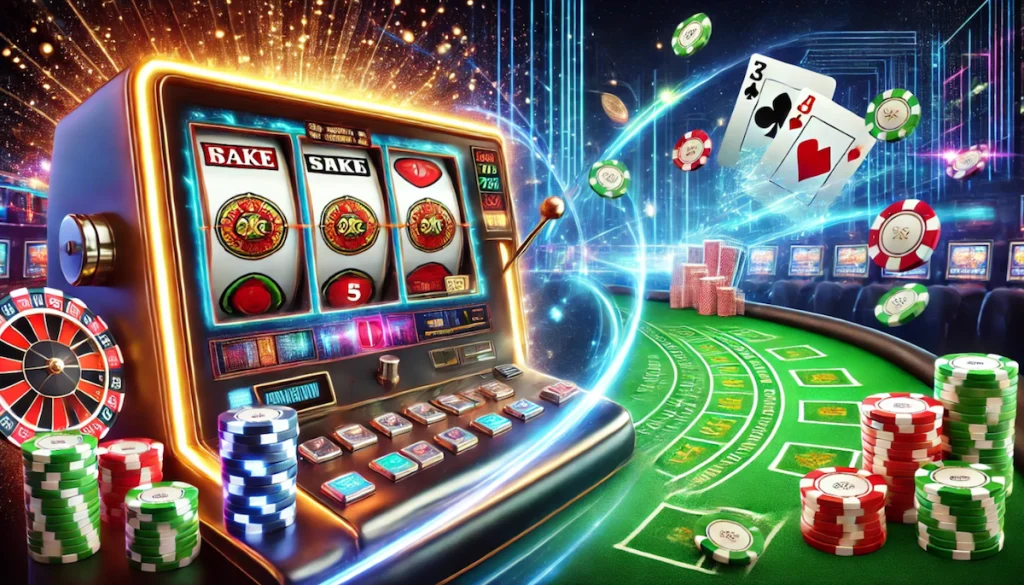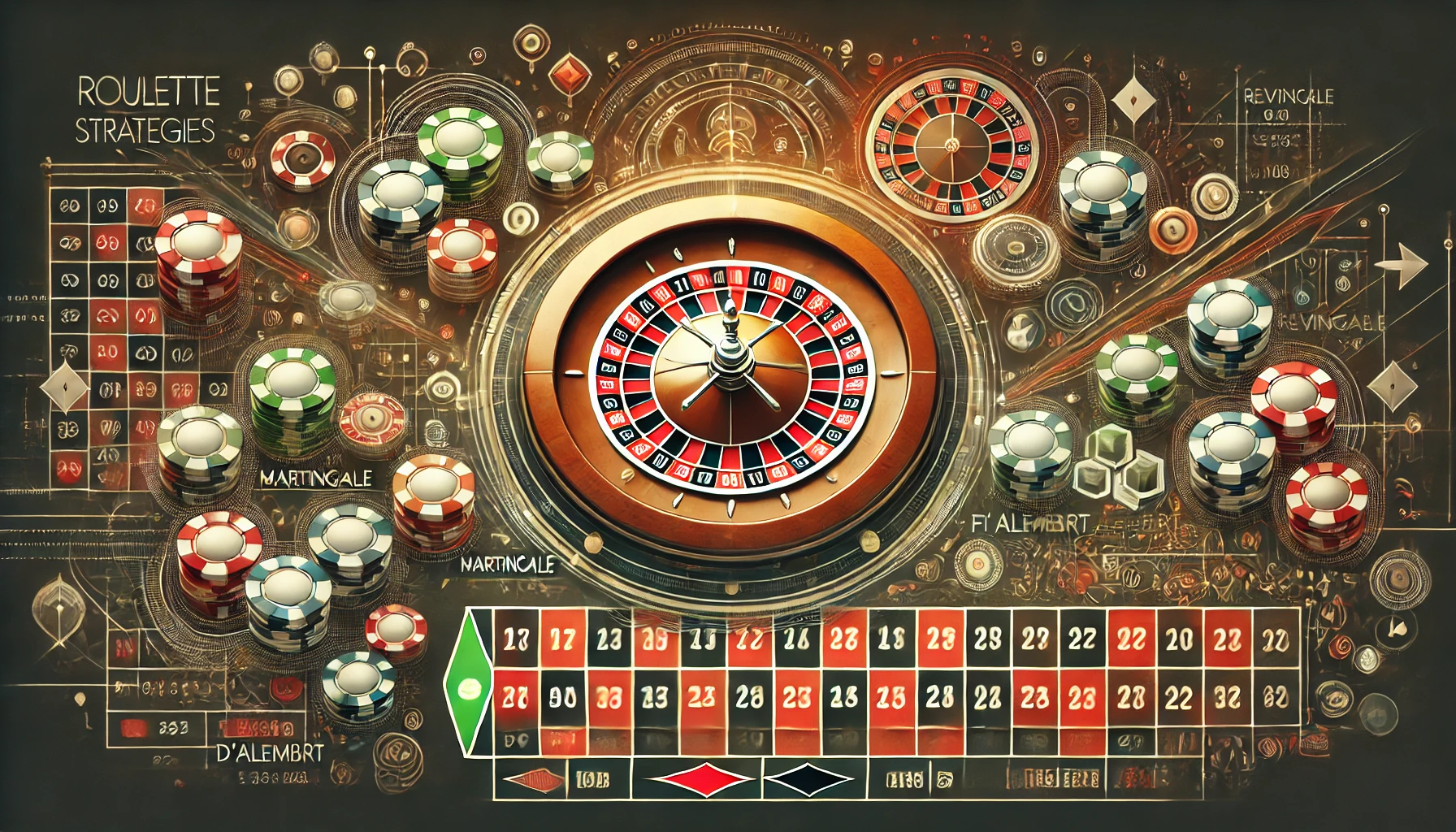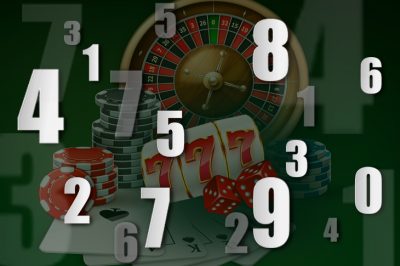In the world of online gambling, every player’s action is not just a click or a bet, but a digital footprint that is carefully recorded by the platform. From a unique IP address and saved cookie files to the smallest details of behavioral patterns, all of this forms a user’s personal profile. The system analyzes every move: choice of currency, preferred games, even the speed of clicks. However, when instead of one such profile, several profiles working synchronously appear, it causes a serious malfunction in the platform’s trust and security algorithms.
This phenomenon is known as multi-accounting – the practice of creating multiple accounts with the aim of unfairly benefiting from bonus offers, tournament mechanics, or vulnerabilities in automated systems. In this article, we will discuss multi-accounts in online casinos in more detail and explain why they are prohibited.

### Why and How Players Create Multi-Accounts in Online Casinos
Multi-accounts in online casinos arise from the intentional creation of multiple accounts by one person, often with data substitution, the use of virtual machines, VPNs, anti-detection browsers, and other tools for masking. The player’s goal is to gain more from the platform than is due to a single user.
This model is most commonly implemented in three main formats:
1. **Bonus Multi-Accounting:** A player creates dozens of accounts to activate welcome packages, free spins, cashbacks, and temporary promotions. The higher the bonus multiplier, the stronger the interest in circumventing restrictions.
2. **Tournament Multi-Accounting:** A participant registers multiple profiles and distributes bets, dominating the entire leaderboard. This way, artificially occupying prize positions is achieved.
3. **Insurance in Real Money Games:** In complex games like poker, a participant launches multiple bots at one table, controlling the game and reducing the risk of loss.
Platforms detect such schemes through behavioral analysis. Too similar movements, suspicious activity in actions, non-standard behavior during verification – all of this creates signals for the anti-fraud system.
### Why Multi-Accounts in Online Casinos Are Prohibited
The prohibition is not only related to rule violations but also to direct financial risks. Every bonus, payout, or prize is an element of the operator’s economy. Algorithms calculate the return rate (RTP) based on fair participation. Multiple accounts distort statistics, create false activity, and put a strain on customer support.
Critical consequences of a user’s work in multi-accounts in online casinos:
1. **Financial Distortion:** Activating the same bonus on 20 accounts can lead the system to direct losses – especially in slots with fixed returns.
2. **Destabilization of Tournament Grids:** In the case of mass participation by one player, the meaning of the competition is destroyed, and real players lose interest.
3. **Vulnerability in Regulatory Reports:** For a licensed operator, multi-accounting equals compliance violation, especially when there are suspicions of money laundering.
4. **Increase in Reputational Risks:** Forums and social networks instantly react to injustice. Even a single case of unfair prize distribution leads to a wave of negativity.
This is why even the most loyal online casinos, like Stake, VulkanVegas, or Pin-Up, implement multi-level protection against such schemes: video verification, voice recognition algorithms, tracking unique device system parameters.
### How Online Casinos Detect User Activity in Multi-Accounts
A user’s work in multi-accounts in online casinos is not hidden in plain sight. Schemes work only until the first technical failure or behavioral inconsistency. Gambling platforms apply combinations of continuous monitoring, machine learning, and thorough analysis of digital footprints.
#### Device Fingerprint
Each device leaves a unique digital footprint: screen resolution, video card characteristics, OS version, language, browser plugins, fonts, battery parameters, even pixel locations on a screenshot. Algorithms generate a fingerprint hash – if two accounts match, the system immediately initiates verification. The use of anti-detection browsers only delays detection but does not guarantee anonymity.
#### Behavioral Biometrics
Casinos analyze not only clicks but also how a player makes them. Typing speed, cursor movement trajectory, time between actions, scroll depth. If a bot or multi-account repeats the same patterns, the system categorizes the session as high risk.
#### Network Data Comparison
VPNs, proxies, and TOR connections have long ceased to be reliable disguises. Online casinos collect the following parameters: IP, DNS queries, ping time, location, network behavior. If one IP was previously used for a verified account and now a new profile is activated on it, automatic blocking or manual moderation occurs.
#### Transactional Activity Analysis
A user’s work in multi-accounts in online casinos often manifests through identical payment patterns: the same card, similar wallet, a single payment channel. Internal algorithms track matches and verify session geolocation, deposit characteristics, the presence of duplicate data in the profile.
### Sanctions and Blockades
A user’s work in multi-accounts in online casinos triggers a strict response from operators. Even a single suspicion initiates a chain of measures. Players rarely manage to regain access or withdraw funds. The casino’s strategy is not to prove guilt but to eliminate risk.
Main sanctions:
1. **Immediate blocking of all profiles:** The system blocks not just one but the entire group of related accounts without the right to restoration.
2. **Nullification of winnings:** All bonuses obtained through multi-accounting are considered invalid. Winnings from these bonuses are subject to confiscation.
3. **Rejection of payouts:** The platform rejects transactions on related accounts even when attempting to appeal.
4. **Blacklisting of providers:** Players with a history of multi-accounting are blacklisted by game providers (NetEnt, Pragmatic, Play’n GO) and lose access to certain slots even on other platforms.
5. **Transfer of information to regulators:** In the case of a license (Curaçao, MGA, UKGC), information about multi-accounts is passed on to the regulator’s database, affecting the assessment of the profile in other licensed casinos.
### Protective Measures: How to Avoid Suspicion
Fair play is the only way to maintain trust in an account. But even accidental coincidences sometimes trigger false fraud alerts. To avoid suspicion, it is important to:

1. Always provide real data during registration.
2. Use one device and a unique connection.
3. Avoid re-registering after being blocked.
4. Do not use others’ banking details.
5. Complete verification promptly and honestly.
### Multi-Accounts in Online Casinos: Key Points
Multi-accounting, which may seem like a clever strategy for some to gain an advantage, is actually a direct path to immediate banning and loss of all funds. Modern online casinos are equipped with sophisticated monitoring systems that effectively detect any attempts to create multiple accounts. The same IP, similar behavioral patterns, or shared payment data – algorithms easily identify these violations, turning what seems like an “easy catch” into inevitable consequences.






 The inability to withdraw winnings is the most common complaint from beginners. The reason is unverified payment solutions or inadequate transaction processing times. The rules for choosing an online casino for beginners exclude platforms where:
The inability to withdraw winnings is the most common complaint from beginners. The reason is unverified payment solutions or inadequate transaction processing times. The rules for choosing an online casino for beginners exclude platforms where:
 Beginner mistakes are a result of a superficial approach. Gaming platforms are not just entertainment, but a system with financial risks and legal consequences. The rules for choosing an online casino for beginners require an assessment not only of the interface but also of the internal mechanisms: licenses, verification, payout algorithms. Successful selection starts not with “design” or “free spins,” but with an analysis of the platform’s architecture. Only after passing all filters can you register and make a deposit. Rationality, precise criteria, and critical thinking are the basis of conscious gaming.
Beginner mistakes are a result of a superficial approach. Gaming platforms are not just entertainment, but a system with financial risks and legal consequences. The rules for choosing an online casino for beginners require an assessment not only of the interface but also of the internal mechanisms: licenses, verification, payout algorithms. Successful selection starts not with “design” or “free spins,” but with an analysis of the platform’s architecture. Only after passing all filters can you register and make a deposit. Rationality, precise criteria, and critical thinking are the basis of conscious gaming.





 All digital gambling is based on how the random number generator works. At its core is an algorithm encoded by the developer. It launches a mathematical function that creates a long chain of numbers. These data form a specific gaming result: from a position on the roulette wheel to a symbol on a slot machine.
All digital gambling is based on how the random number generator works. At its core is an algorithm encoded by the developer. It launches a mathematical function that creates a long chain of numbers. These data form a specific gaming result: from a position on the roulette wheel to a symbol on a slot machine.
 RNG in casinos does not play for the client and does not work against them. It simply calculates. Without emotions, manipulations, or human factors. This is what determines how RNG works in casinos – at the level of maximum transparency and mathematical accuracy. It does not provide privileges or punishments. Its task is to create conditions where each roll, click, and card are independent of the past.
RNG in casinos does not play for the client and does not work against them. It simply calculates. Without emotions, manipulations, or human factors. This is what determines how RNG works in casinos – at the level of maximum transparency and mathematical accuracy. It does not provide privileges or punishments. Its task is to create conditions where each roll, click, and card are independent of the past.
 Identity verification is not a platform whim but a regulatory requirement without which legal activity is impossible. Personal identification creates a transparent and secure environment for all participants in the gaming process.
Identity verification is not a platform whim but a regulatory requirement without which legal activity is impossible. Personal identification creates a transparent and secure environment for all participants in the gaming process. Verification in a casino is not a formality but an integral part of a safe and legal gaming process. It protects the interests of players and operators, minimizes risks, and confirms the platform’s reliability.
Verification in a casino is not a formality but an integral part of a safe and legal gaming process. It protects the interests of players and operators, minimizes risks, and confirms the platform’s reliability.
 Each licensed platform has clear requirements for the quality and format of uploaded files. The speed of passing the verification directly depends on the correctness of the provided documents.
Each licensed platform has clear requirements for the quality and format of uploaded files. The speed of passing the verification directly depends on the correctness of the provided documents. Understanding how to pass verification in a casino helps avoid blocks, speeds up payouts, and opens access to all platform features. It’s not a difficult barrier but a trust element without which fair play is impossible.
Understanding how to pass verification in a casino helps avoid blocks, speeds up payouts, and opens access to all platform features. It’s not a difficult barrier but a trust element without which fair play is impossible.



